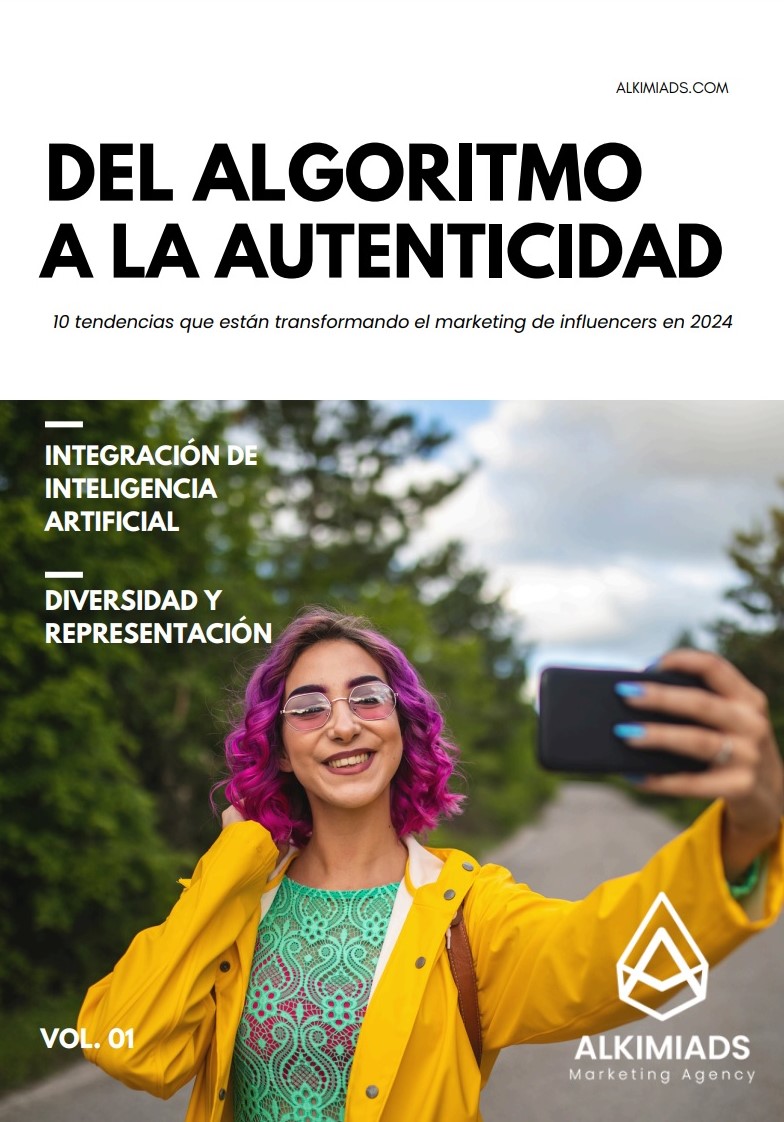Introduction
In today’s digital landscape, where attention spans are shorter than ever and consumers are bombarded with countless marketing messages, traditional advertising methods are becoming less effective. Brands are increasingly turning to influencer marketing as a way to cut through the noise and connect with their target audience in a more authentic and engaging way.
But what exactly is influencer marketing, and how does it work? In this article, we’ll dive deep into the world of influencer marketing, exploring its key principles, the benefits it offers, and how brands can leverage it to drive real results.
Table of Contents
What is Influencer Marketing?
Influencer marketing is a form of social media marketing that involves partnering with individuals who have a significant following and influence within a specific industry or niche. These individuals, known as “influencers,” have the ability to sway the opinions and purchasing decisions of their followers.
Rather than relying on traditional advertising tactics, such as television commercials or print ads, brands collaborate with influencers to create and distribute branded content. This content is then shared across the influencer’s social media channels, where it reaches their engaged audience.
The key difference between influencer marketing and traditional advertising is the level of trust and credibility that influencers bring to the table. Consumers are often more likely to trust recommendations from individuals they follow and respect, rather than generic marketing messages from brands.
The Rise of Influencer Marketing
Influencer marketing has exploded in recent years, driven by the rapid growth of social media platforms and the increasing power of digital content creators. As more and more people turn to social media for information, entertainment, and purchasing inspiration, the influence of these “digital celebrities” has become increasingly valuable to brands.
Several factors have contributed to the rise of influencer marketing:

- Changing Consumer Behavior: Traditional advertising methods are becoming less effective as consumers become more skeptical of overt sales pitches. Consumers today are more likely to trust recommendations from peers and influencers they follow online.
- Fragmented Media Landscape: With the proliferation of digital channels and the decline of traditional media, it has become increasingly challenging for brands to reach their target audience effectively. Influencer marketing provides a way to cut through the clutter and reach consumers where they are already engaged.
- Authenticity and Engagement: Influencers have built strong relationships with their followers, who often see them as trusted sources of information and advice. This level of authenticity and engagement is highly valuable to brands looking to connect with their audience in a more meaningful way.
- Measurable Results: Influencer marketing campaigns can be tracked and measured more effectively than traditional advertising, allowing brands to see the real impact of their investments.
The Key Principles of Influencer Marketing
Successful influencer marketing campaigns are built on a few key principles:
- Relevance: The influencer you choose to work with should have a strong, relevant connection to your brand and your target audience. This ensures that the content they create will resonate with the right people.
- Authenticity: Influencers should be genuinely passionate about your brand and its products or services. Forced or inauthentic partnerships are unlikely to resonate with their followers.
- Transparency: Influencer content should be clearly labeled as sponsored or paid content, in compliance with regulatory guidelines. Maintaining transparency helps to build trust with the audience.
- Measurable Goals: Before launching an influencer marketing campaign, it’s essential to define clear, measurable goals, such as increased brand awareness, website traffic, or sales.
- Ongoing Collaboration: Successful influencer marketing is not a one-time event. It’s an ongoing process of collaboration, where brands and influencers work together to create content that resonates with the audience.
The Benefits of Influencer Marketing
Influencer marketing offers a wide range of benefits for brands looking to connect with their target audience in a more authentic and effective way. Some of the key benefits include:
- Increased Brand Awareness: Collaborating with influential content creators can help to raise awareness of your brand and its products or services, reaching a wider audience than traditional advertising.
- Enhanced Credibility and Trust: When an influencer endorses your brand, their followers are more likely to perceive your brand as trustworthy and credible, which can lead to increased consideration and purchase intent.
- Improved Engagement: Influencer-created content tends to have higher engagement rates than brand-created content, as it resonates more with the target audience.
- Targeted Reach: Influencer marketing allows you to reach a highly specific, targeted audience that aligns with your brand’s values and interests.
- Cost-Effective: Compared to traditional advertising, influencer marketing can be a more cost-effective way to reach and engage your target audience, especially for small and medium-sized businesses.
- Valuable Insights: Collaborating with influencers can provide valuable insights into your target audience’s preferences, behaviors, and pain points, which can inform your broader marketing strategy.
Effective Influencer Marketing Strategies
Once you’ve identified the right influencers to work with, it’s time to develop and execute your influencer marketing strategy. Here are some effective strategies to consider:
- Develop Authentic Partnerships: Rather than treating influencers as simple content creators, work to build genuine, long-term partnerships. This involves ongoing collaboration, open communication, and a shared understanding of your brand’s goals and values.
- Leverage Influencer-Generated Content: Encourage influencers to create a variety of content, such as product reviews, tutorials, and behind-the-scenes glimpses, that can be repurposed and shared across your own marketing channels.
- Utilize Influencer Takeovers: Invite influencers to take over your brand’s social media channels for a day or a week, allowing them to share their unique perspectives and engage directly with your audience.
- Organize Influencer Events: Hosting events that bring together your brand, influencers, and their followers can be a powerful way to foster deeper connections and create memorable experiences.
- Measure and Optimize: Continuously track the performance of your influencer marketing campaigns, using metrics such as engagement rates, website traffic, and sales conversions to identify what’s working and where you can improve.
- Leverage Micro-Influencers: In addition to working with larger, more established influencers, consider partnering with micro-influencers (those with smaller but highly engaged followings) to reach more niche audiences and drive more cost-effective results.
Overcoming Influencer Marketing Challenges
While influencer marketing can be a highly effective marketing strategy, it’s not without its challenges. Some of the key challenges brands may face include:
- Identifying the Right Influencers: With the sheer volume of influencers across various platforms, it can be challenging to find the ones that are the best fit for your brand and your target audience.
- Measuring ROI: Accurately measuring the return on investment (ROI) of influencer marketing campaigns can be complex, as the impact may not be immediately visible in terms of sales or website traffic.
- Maintaining Authenticity: Ensuring that influencer-created content remains authentic and aligns with your brand’s values can be an ongoing challenge, especially as the influencer marketing landscape becomes more saturated.
- Compliance and Regulations: Influencer marketing campaigns must adhere to various regulations and guidelines, such as the Federal Trade Commission’s (FTC) disclosure requirements, which can add an extra layer of complexity.
- Influencer Fraud: Some influencers may engage in fraudulent practices, such as buying fake followers or likes, which can undermine the effectiveness of your campaigns and damage your brand’s reputation.
To overcome these challenges, it’s essential to have a well-defined strategy, clear performance metrics, and a robust process for vetting and managing influencer relationships. Additionally, staying up-to-date with the latest industry trends and best practices can help you navigate the evolving landscape of influencer marketing.
Conclusion
Influencer marketing has become an increasingly important part of the modern marketing landscape, offering brands a powerful way to connect with their target audience in a more authentic and engaging way. By understanding the key principles of influencer marketing, identifying the right influencers to work with, and executing effective strategies, brands can leverage the power of digital influencers to drive real results.
As the digital landscape continues to evolve, it’s crucial for brands to stay agile and adaptable in their approach to influencer marketing. By continuously measuring and optimizing their campaigns, and staying ahead of the curve when it comes to industry trends and best practices, brands can ensure that their influencer marketing efforts remain effective and impactful.






















